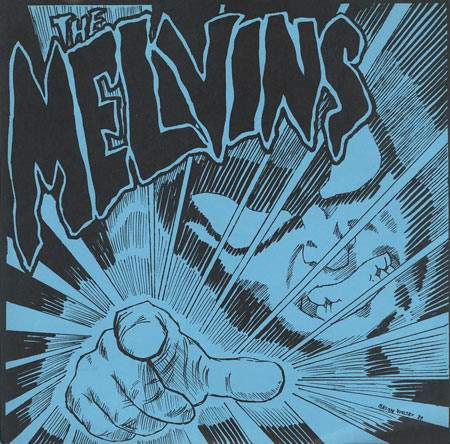I am not complaining about anti-capitalist media being more popular and out in the open, much better than pro-capitalist garbage propaganda that you can’t avoid here in the states, but to me I feel that the anti-cap media is sooooo pedestrian that I don’t derive any pleasure from watching it. Squid Game was critical of capitalism in many ways and was a decent allegory for debt and social inequality and other stuff like that, but it seemed like stuff that was already obvious. The movie Parasite was really good, I liked watching it and was held in suspense with every few scenes, the climax of the movie almost made my jaw drop, it was a super exciting and well-made film. I liked the cinematography and angles they used, the way that they flip the story on its head and switch the meaning of the film’s name, Parasite. At first the parasites appear to be the poor family that attaches themselves to the rich family but then you realize the rich family are not actually working for their wealth, they are the parasites. This would’ve blown me away if I didn’t already know how awful capitalism already is. People say White Lotus is pretty good but I never saw it. Dopesick and severance are also pretty popular. I get the feeling that maybe these creators want to do more but capitalist interests only allow it to go so far. Whatever the case is, I’m glad this is a thing, but I hope this kind of content has a bit more nuance and substance to it in the future. Wel thats my 2 cents on the issue, thoughts?
I think that it’s a fool’s errand to try and get mainstream media to be honestly critical of capitalism. The people that own the media companies will allow it to some extent, but only in the forms you see now. It will show watered down horrors of capitalism, and present no solutions. They also have ambiguous messaging, there were people that watched squid game and legitimately thought it was a criticism of socialism.
Yea, alot of these pieces come off as an exploration of human nature itself instead of one specific type of economic system. So it’s watered down for sure. Most of the stuff I watch is like this, and I dig it, but ultimately the hard work is in living it and making it come to fruition.
People vilifying socialism is strange to me, and is probably just straight indoctrination. Working together for a common good seems like a no brainer to me. It’s just the how, in our current state, do we move forward, while maintaining stability, and that is the detail that these things leave out, which tbh, is fair. Most artists are not necessarily political scientists or whatever.
I frankly don’t like it because people will just be pacified by watching a fictional revolution because then they can just consume product and be wrapped up in feel good emotions than feel compelled to actually do the hard, unglamorous work that comes with being a revolutionary.
There’s also the issue of anti-capitalism in the first world leaning more towards Anarchism than Marxist-Leninism, caused by the fact that a lot of anti-capitalist fiction tries really hard to emphasize the “good” of hyper-individualism.
My thoughts? There’s not enough of it. Also that this type of media is new so it will take years for it to be finely tuned. The results from consuming proletarian media should be:
- increased class consciousness
- increased understanding of Marxist political theory
- reduced apathy
- increased organizing via it’s consumers
Lastly, organizations responsible for this content have a class responsibility to maintain their class membership. As commodities become popular under capitalism, companies which produce it grow and as they do so their class membership changes from proletarian to labor aristocrat or even bourgeoisie. Marxist economic organizing of these organizations are required to keep them “true to their word and goals” so to speak.




